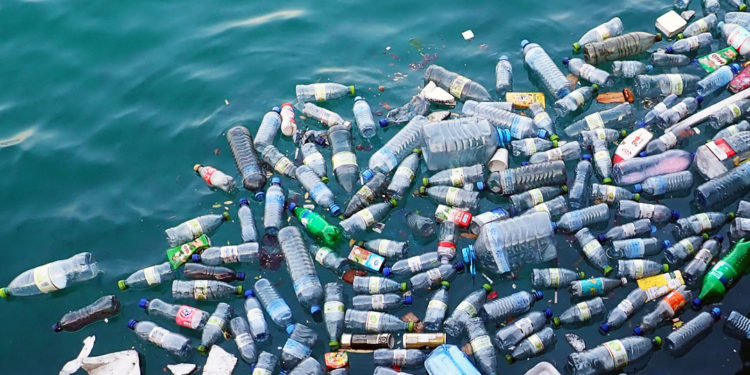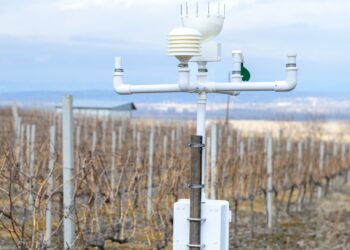Plastic pollution has become one of the most serious environmental issues, with demand for and production of disposable plastic products already overwhelming the world’s ability to deal with them.
Naturally, this represents a huge threat to the environment. Millions of animals are killed by plastics every year- in most cases by mistaking plastic for food. Rivers and coastlines are choked with plastic left-overs, and landfills have become packed with plastics that will take 400 years and upwards to disappear, if they will at all.
In the West, the above tends to be common knowledge, though in many cases it has taken a concerted effort from the governments through clean-up and education programs, along with varying forms of punishment, among them fines, to bring citizens and businesses into line with regards to sensible waste management and proper recycling. Not to mention huge sums of money invested in recycling facilities and collection.
Georgia has been a country slow to catch up with the West in terms of environmental awareness, with many, in urban as well as rural settlements, still careless with their waste, and local governments lacking the adequate resources to improve the situation.
According to the United Nations Development Program (UNDP), around 900,000 tons of waste is generated annually in Georgia, and more than 75% ends up in landfills, increasing pollution and posing long-lasting threats to the environment and human health. Georgia’s National Waste Management Strategy for 2016-2030 provides a target timeline for recycling certain types of waste. For example, the country should be recycling 50% of plastic waste by 2025 and 80% by 2030.
Education programs in schools on the issues of eco-care and sustainable waste management are still in their infancy, but are developing, and campaigns and competitions run by various organizations, most prominent among them CENN, empower Georgia’s youth to discover more, to compete in awareness-raising in their communities, and to organize local clean-up events.
My own children were inspired by one such campaign last year and, stuck in lockdown, I was happy to make it a family project. Our job: to create posters promoting environment protection. We were among 160 families and school teams countrywide to participate.
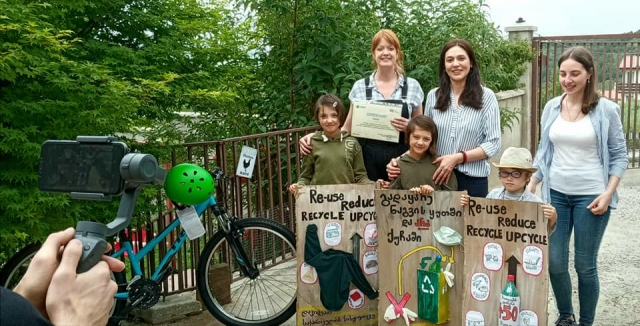
We’re a reasonably eco-conscious family. We’re vegetarian, don’t own a car, switch the lights off behind us, turn the tap off while brushing our teeth, use long-life bags when shopping, try to choose products with minimum packaging or made of recyclable/easily degradable materials, and recycle our bottles and caps when we can. We’ve also been on litter-picks with school, kindergarten and various groups of locals and expats. But I know that what we do is not enough by far, and I always aim to do more, where possible.
My eldest daughter Lily, 10 at the time, had her eyes opened as wide as mine when we started the poster-making project last year.
“I worked on this ‘Keep Georgia Tidy’ project with my sister Dali (8), my brother Toran (6) and my mum Katie,” she says. “We talked together about what effect people have on the environment, and we watched some YouTube videos about it. We came up with three main problems:
“During the coronavirus pandemic, a lot of people have been dropping their used gloves or masks in the street instead of putting them in the bin. These then damage our nature and are dangerous to us and animals. People should put non-recyclable things carefully in the bin and recyclable things in a recycle bin to keep our streets and nature tidy!
“Per day, around the world, people throw away 60 million plastic bottles. One bottle takes 450 years to decompose. We looked into ways we could reuse bottles instead of throwing them away. With a clean, empty bottle, you can make a pencilcase, a piggy bank, a flower pot, toys like planes and cars, or cute shades for fairylights,” Lily notes.
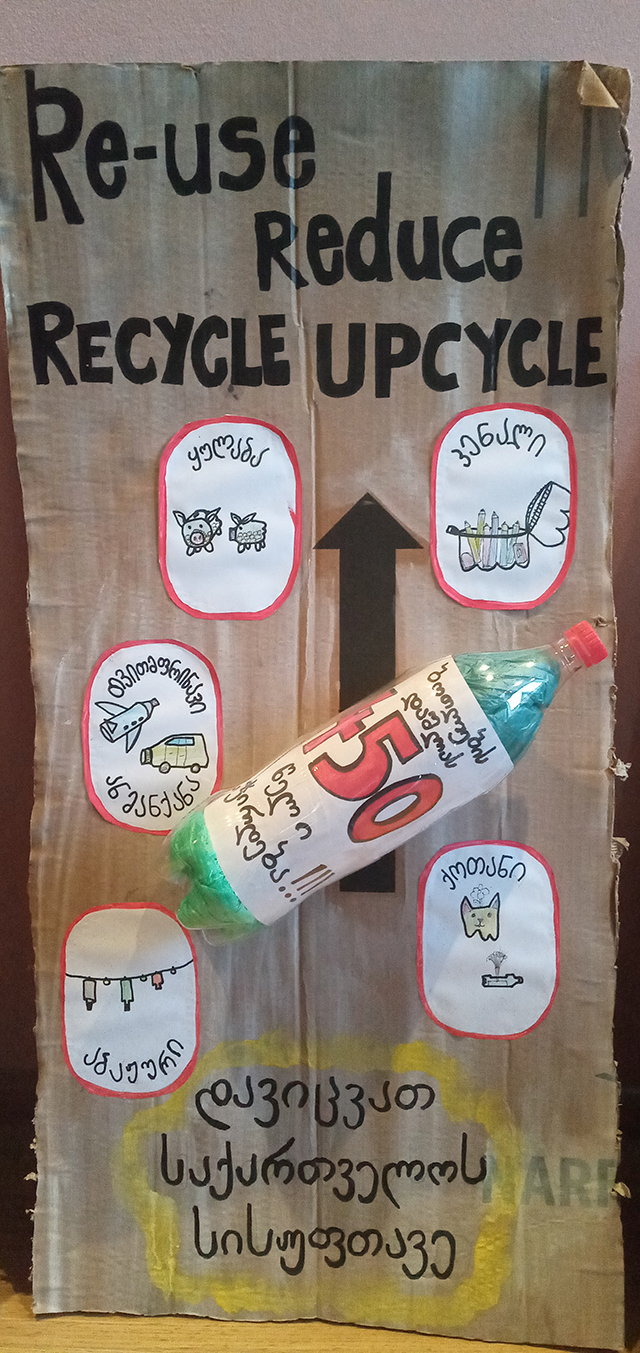
“People buy and throw away too many clothes- 13 million tons per year go to waste! We looked for ways we could reuse our old clothes (apart from giving them to the needy). You can make a hat, new pockets or patches for your jeans, a pencilcase, a bag, or even cushion covers!
“We worked on our posters as a team, as a family, and all the posters were made from recycled materials,” Lily says. “I think it’s very important that we look after the environment and make new things out of old things, and that we all keep our Georgia tidy!” she added.
One of the winners included 11-year old Mariam Bedia, who was chosen for her and her mother’s inventive reusing of plastic bottles- with everything from colorful flower pots and ornaments, to beautiful bags.
“If we don’t reduce waste, nothing else matters,” she said.
And I couldn’t have agreed more. In fact, what I learned about plastic waste alone was enough to shock and sadden me (see the “shock box” below), making me more determined than ever, starting from my own family, to minimize our use of plastic even further- more than anything by choosing not to buy plastic, by reusing the plastic we have purchased, by upcycling like Mariam (turning a plastic object into something else that is just as useful) and, as a last resort, by recycling – in this way setting an example for others to follow. Check out some of the things I’ve changed in my life, and see if you get inspired too.
How to reduce plastic in your life
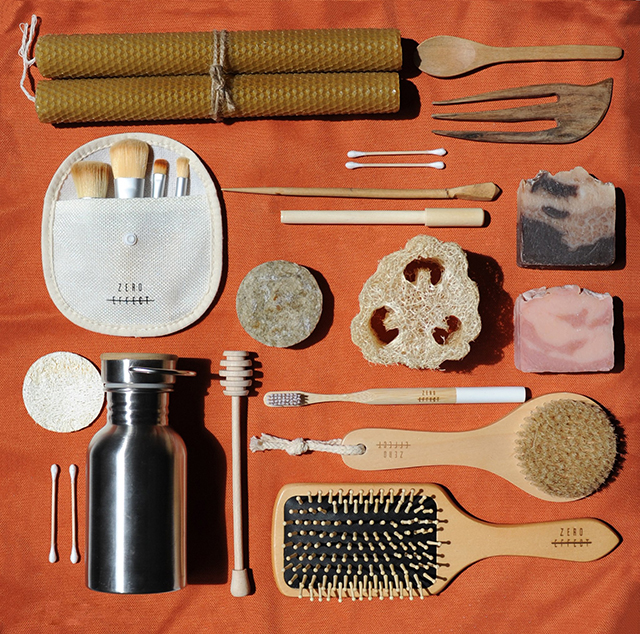
Start by taking a visit to shop ‘Zero Effect’ in Tbilisi. There, you’ll fine bamboo toothbrushes and cutlery, wooden-handled razors, cloth bags, wooden hair brushes and combs, and numerous other daily items you have at home but in plastic. By switching to wood and fabric, and rejecting plastic, you’re making an impact on what goes into landfills or the sea.
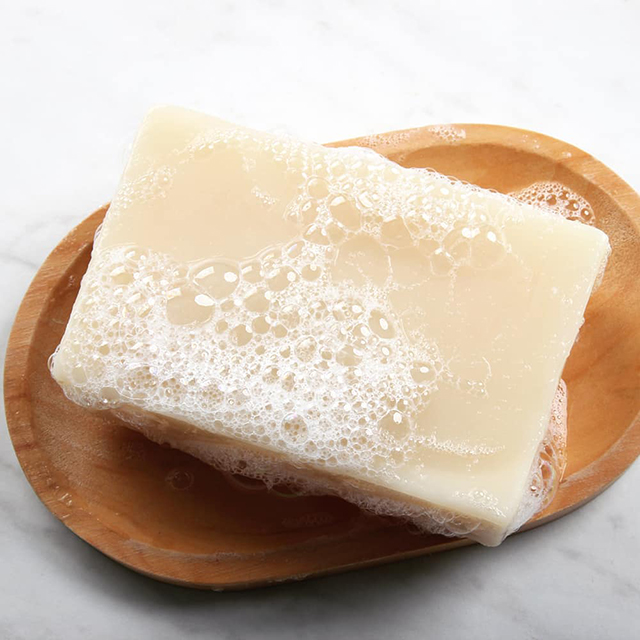
Use hand-made soap and shampoo bars instead of buying plastic one-use bottles. In Tbilisi, head to the craft fairs often held near Freedom (Liberty) Square, in Orbeliani Square, and in Deda Ena Park, where you’ll find a selection of highly recommended, organic and beautifully presented soaps and shampoos. Also check out the online options Soap.ge, Zero Effect, and SapovnelaNatural.
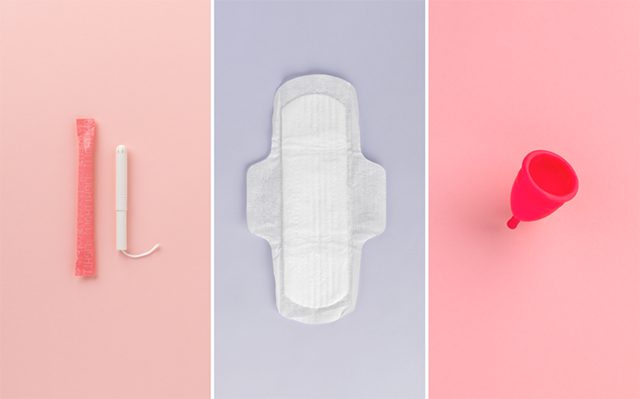
For ladies – look into getting a menstrual cup (sometimes known as a “MoonCup”) rather than using tampons and towels. Although they take a bit of getting used to, they last years, save money, and reduce the risks of infection when used correctly. And, of course, they prevent your next trip to the sea being spoiled by unsightly waste washing up on the sand next to you!
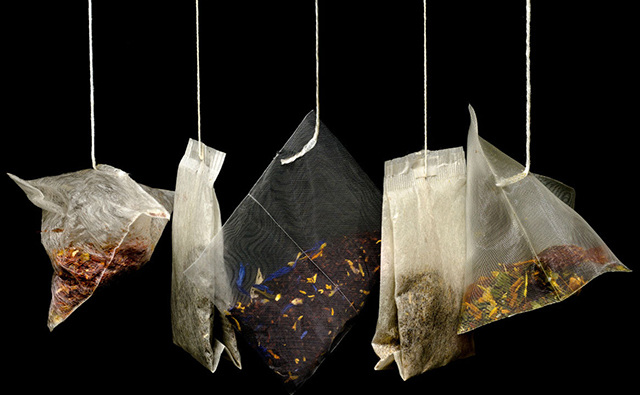
For tea-drinkers – buy loose tea rather than tea bags. Several tea bag brands use polypropylene, a sealing plastic, to keep their tea bags from falling apart. This plastic is not recyclable or biodegradable. So, even when you put all your used tea bags in the food waste or compost heap, it can lead to plastic pollution, as not all of it will be broken down.
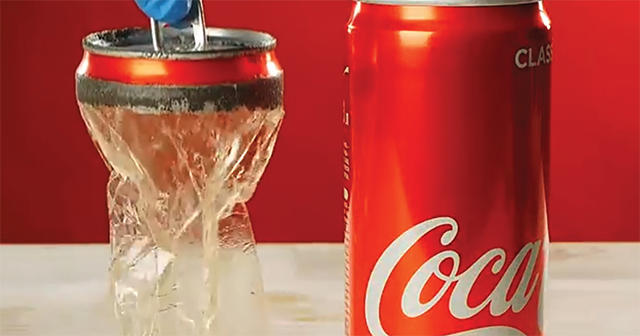
For soda-lovers – even cans of fizzy drinks contain plastic, so choose glass bottles. The taste is generally better, and you can make use of the bottles, as many Georgians do, for your next batch of Tkemali (that famed plum sauce)!
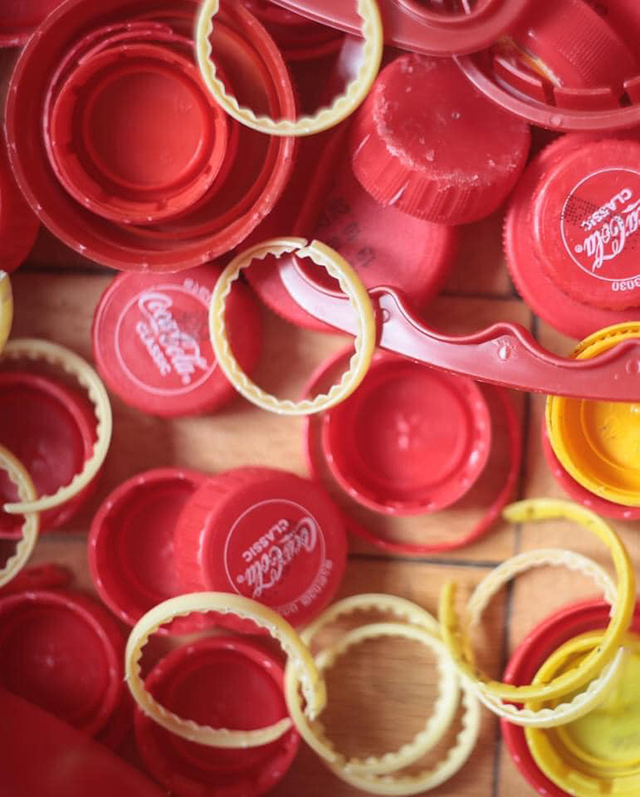
Donate your clean bottle caps to Tbilisi’s ‘Precious Plastic Georgia’, who melt the plastic down to make practical and beautiful furniture and artwork. Kiwi Vegan Café (6 Machabeli Street) is one collection point, but you can contact PPG on Facebook for more information.
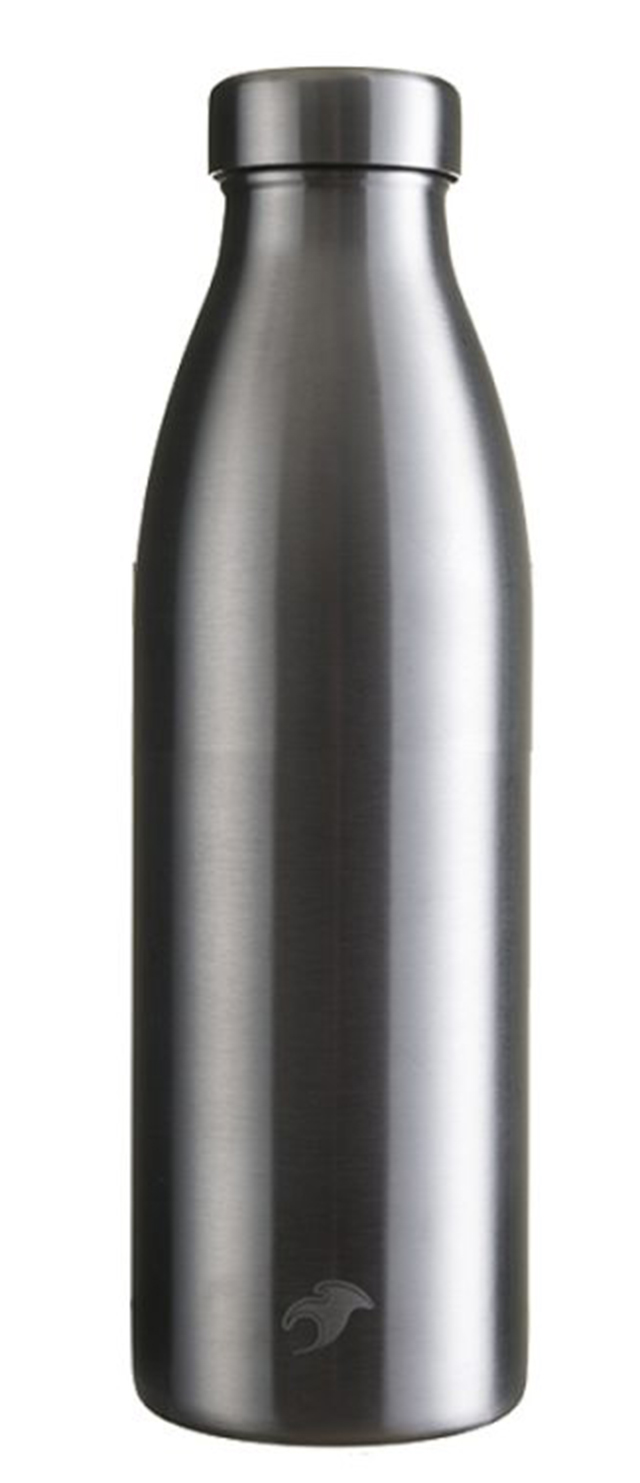
For outdoors-lovers – As Lily said, worldwide, we humans are throwing away around 60 million plastic bottles a day. Do your part to reduce this number by switching to a long-life bottle that you can fill with water, wash, and refill over and over again.
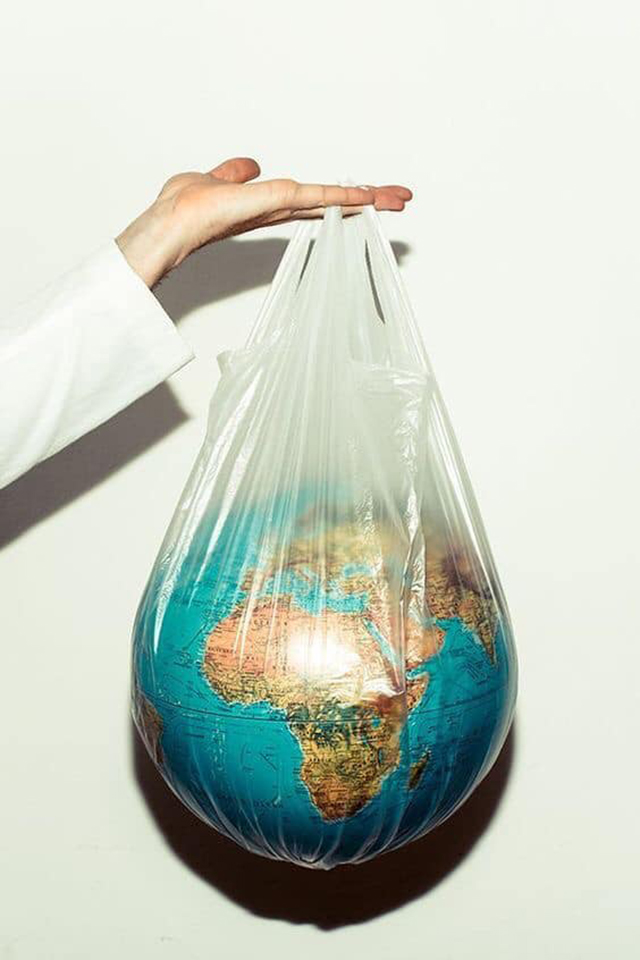
For shoppers – The average time a polyethylene bag is used is only 12 minutes. Yet, they can take up to 1000 years to decompose in nature, and, as any traveler will know, there are a lot of them in Georgian nature! Invest in some life-long shopping bags made of fabric or sturdy plastic fibers, and keep them in the back of the car or hung near your door so you remember to take them on every shopping trip.
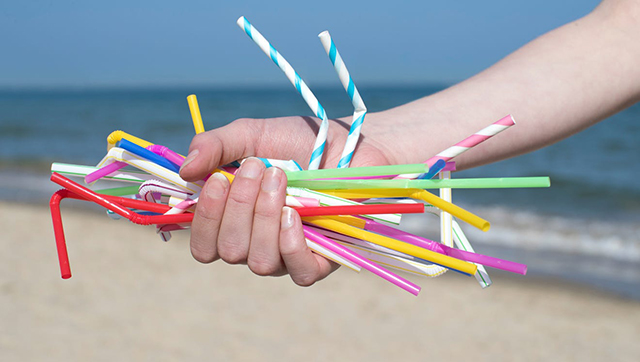
For those on a night out with friends, or ordering a fast-food lunch – Say “no” to drinking straws, and an even stronger “no” to plastic lids on your paper cups. Nearly 7.5 million plastic straws were found on US shorelines during a five-year cleanup research project recently. Globally, that would be up to 8.3 billion plastic straws on the world’s coastlines. Yet, currently, plastic straws make up about 99% of the $3 billion global drinking-straw market. Think about it next time you order a drink – you really don’t need that straw, do you?
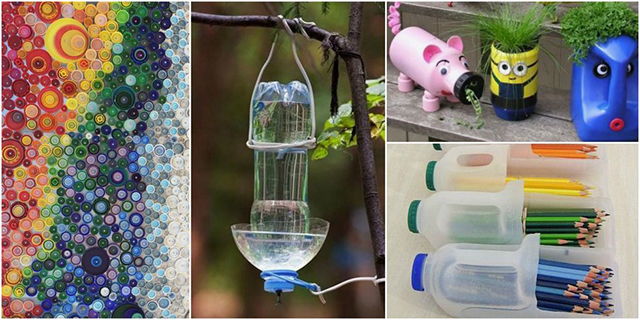
For those feeling crafty – Get online for fun ways to reuse your plastic trash. There is no end to the useful and decorative items you can make with a bit of inspiration!
Good luck on your plastic reduction mission. And remember, every little helps, but you should always aim bigger!
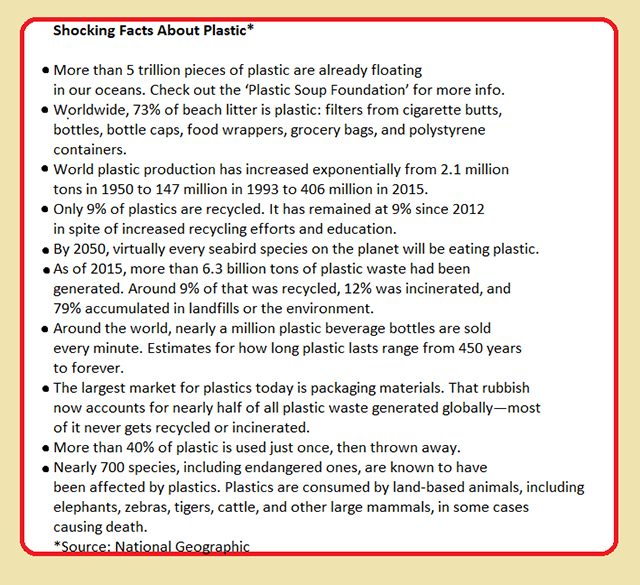
BLOG by Katie Ruth Davies

